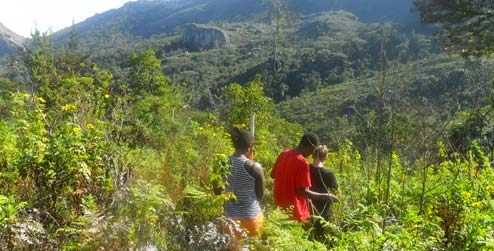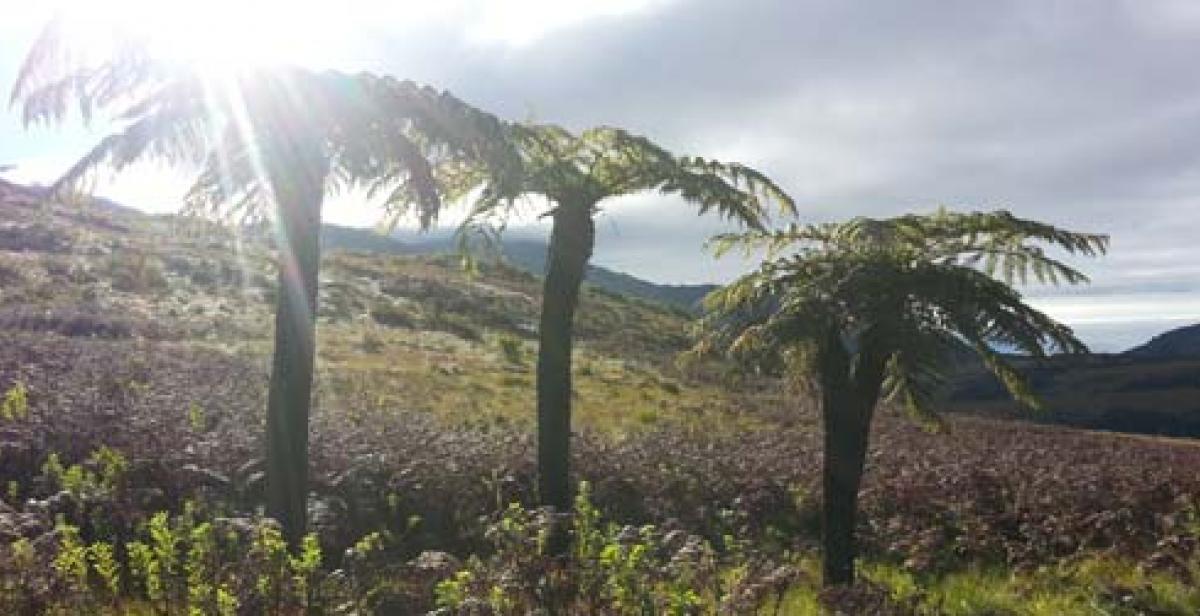Team Sapitwa have spent eight weeks in the Mulanje district of Malawi and have a lot to show for it! Each team that are sent by Progressio have certain targets that that they have to meet. These targets are set out by Progressio. For our team they include 11 awareness campaigns, 15 waste bin distribution, four peer education sessions, five training exercises and a special project. We are happy to announce that all targets were completed or exceeded. Below is a summary of the targets:

The Special project
As part of the placement in Malawi, the ICS teams have an amazing opportunity to make a potentially big impact on the lives of the community. This includes volunteers being provided with equity to establish and fund a new project. Team Sapitwa have decided to put their efforts into helping a youth group named Nansambe, which is made up of 25 males and females aged from 15-30.
It was very hard for us to choose a group that we wanted to put out efforts into but Nansambe stood out as they already had an idea of what would greatly benefit them. The group came up with the idea of establishing a tea field in their local community, which will provide jobs for the members of the youth club and in turn provide the group with a sustainable income. To make this happen, Nansambe needed land, materials and tea seedlings, which were provided by Progressio. Luckily Nansambe knew of a farmer who had a plot of land to sell which we decided to buy for the project to progress.
To prepare for this project and gain some insight into Malawi’s tea industry, Team Sapitwa visited a tea factory to experience the different stages of tea production. We were guided around the whole factory by an experienced member of staff. After the tour, we were also shown a tea field which was recently established. This was interesting to see as it shows the different stages of growth and the challenges that Nansambe will face.
Ecological survey on Mulanje Mountain
Team Sapitwa were also involved in an ecological survey on Mulanje Mountain. This was facilitated by Mulanje Mountain Conservation Trust (MMCT) under the department of biodiversity research and conservation. It was focusing on all the special areas of the mountain, including rainforest, cedar forest, grasslands and rocky areas.
The aim of the survey was to collect data of the different species of plants and trees that were growing in the areas where forests were previously present. Due to deforestation, fires and other reasons, the forest has been partially destroyed.
To increase biodiversity the areas which have pine forests are being cleared to allow other natural tree species to grow. These include Mulanje cedar and other endemic species.
It was a wonderful experience as the team got to learn more about biodiversity, this included the plant ecological system and taxonomy which is a part of ecology (a study that involves finding plants, identifying and naming them). We were able to do this as we had one of Malawi’s renowned ecologist, Mr. Patel, who has been working in this field for over 45 years. Among the dominant species were bidens steppia, pteridium aquilanous, rubus ellipticus, nidorella rese, cyperous, and many others. These different species can be used in several beneficial ways, including for medicines and food.

A special thank you to our colleagues
Team Sapitwa would like to say a special thank you to MMCT (Mulanje Mountain Conservation Trust), WESM (Wildlife and Environmental Society of Malawi) and Progressio ICS (International Citizen Service) for making this project a success. We hope that the next cycle of volunteers will have as much luck as we have had.
Written by Team Sapitwa in Malawi



